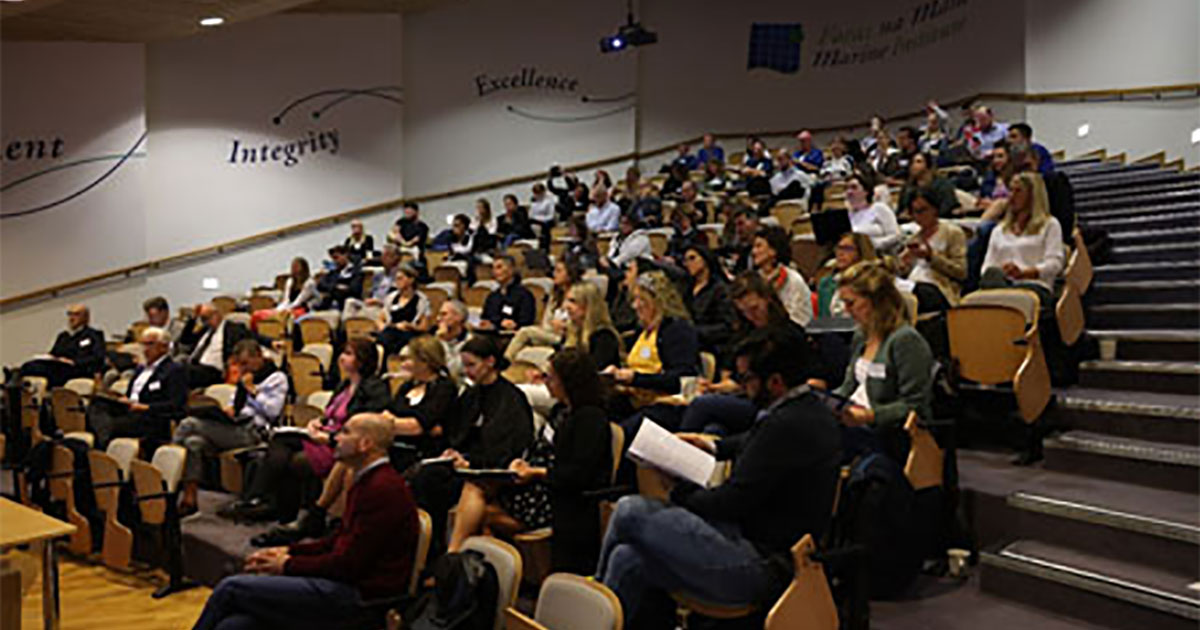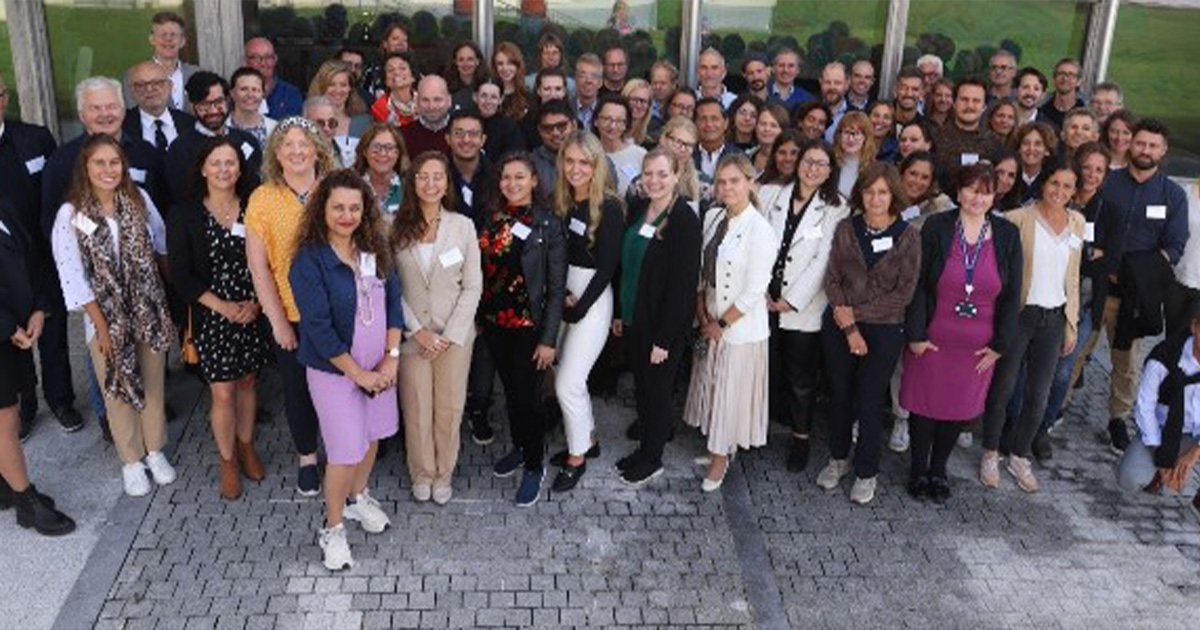The final meeting of JPI Oceans Joint Action on “Ecological Aspects of Microplastics” was held in Galway on the 14th and 15th of September 2023.
At this meeting hosted by the Marine Institute, JPI Oceans successfully concluded its ground-breaking Joint Action on the "Ecological Aspects of Microplastics." converged both physically and virtually, signaling the global importance of this pressing issue.
During the two-day event, the research teams from the six funded JPI Oceans projects (ANDROMEDA, HOTMIC, FACTS, MicroplastiX, i-plastic and RESPONSE projects) detailed their findings and summarized the impacts and outputs of the projects, including scientific publications, education materials, policy briefings for stakeholders, monitoring tools including the ANDROMEDA app.
The combination of warming sea temperatures, ocean acidification and the accumulation of microplastics represents a substantial threat to marine life and ecosystems and, potentially, to human health. Microfibers and microplastics are everywhere in the marine environment, with particles from car tires and cigarette butts as being of particular concern, owing to their toxicity. Over time microplastic particles degrade and particles become smaller and are much more difficult to measure. Studies show that biofilms that form on these microplastic particles—termed the “plastisphere”—harbor viruses and microorganisms with unknown impacts on organisms that consume them. Another study described how jellyfish species may serve as a good indicator of the level of microplastics pollution based on the accumulation of ingested plastic found in jellyfish samples, although further research is also needed to determine the long-term effects on jellyfish in terms of their growth and reproductive functioning.
 (Image credit: The Marine Institute)
(Image credit: The Marine Institute)
The meeting also provided an opportunity to connect the research outputs with key EU initiatives addressing plastic pollution. In the first session of the meeting John Hanus, DG Research & Innovation, European Commission and Luis Francisco Ruiz-Orejon, Joint Research Centre, European Commission detailed the data gathered on marine litter and microplastics to date and the importance of the joint effort from research and monitoring teams across Europe continuing to ensure Good Environmental Status of our oceans. Furthermore, potential cooperation opportunities between JPI Oceans funded research partners and the European Commission were presented by highlighting the activities of the EU Mission “Restore our Ocean and Waters,” and a range of existing and forthcoming EU legislation to tackle the problem of marine litter.
Dr Niall McDonough, Chair of JPI Oceans and Director of Policy, Innovation & Research Services at the Marine Institute, said: “This meeting was a great success. The researchers presented the results of almost a decade of work on the sources, spread and impacts of microplastic pollution in the marine environment. This issue has only come to the fore in the past fifteen years, and we are playing catch-up in terms of the science and the measures we can take to address the problem. The meeting also demonstrated the key role that JPI Oceans plays in bringing the best international experts together to conduct cutting edge research that has a direct benefit to society. I congratulate the research teams on their outstanding work. But they also gave us a clear message that there is a lot more to do.”



